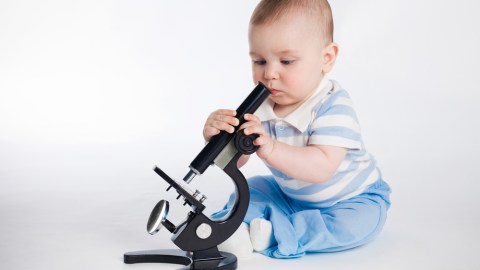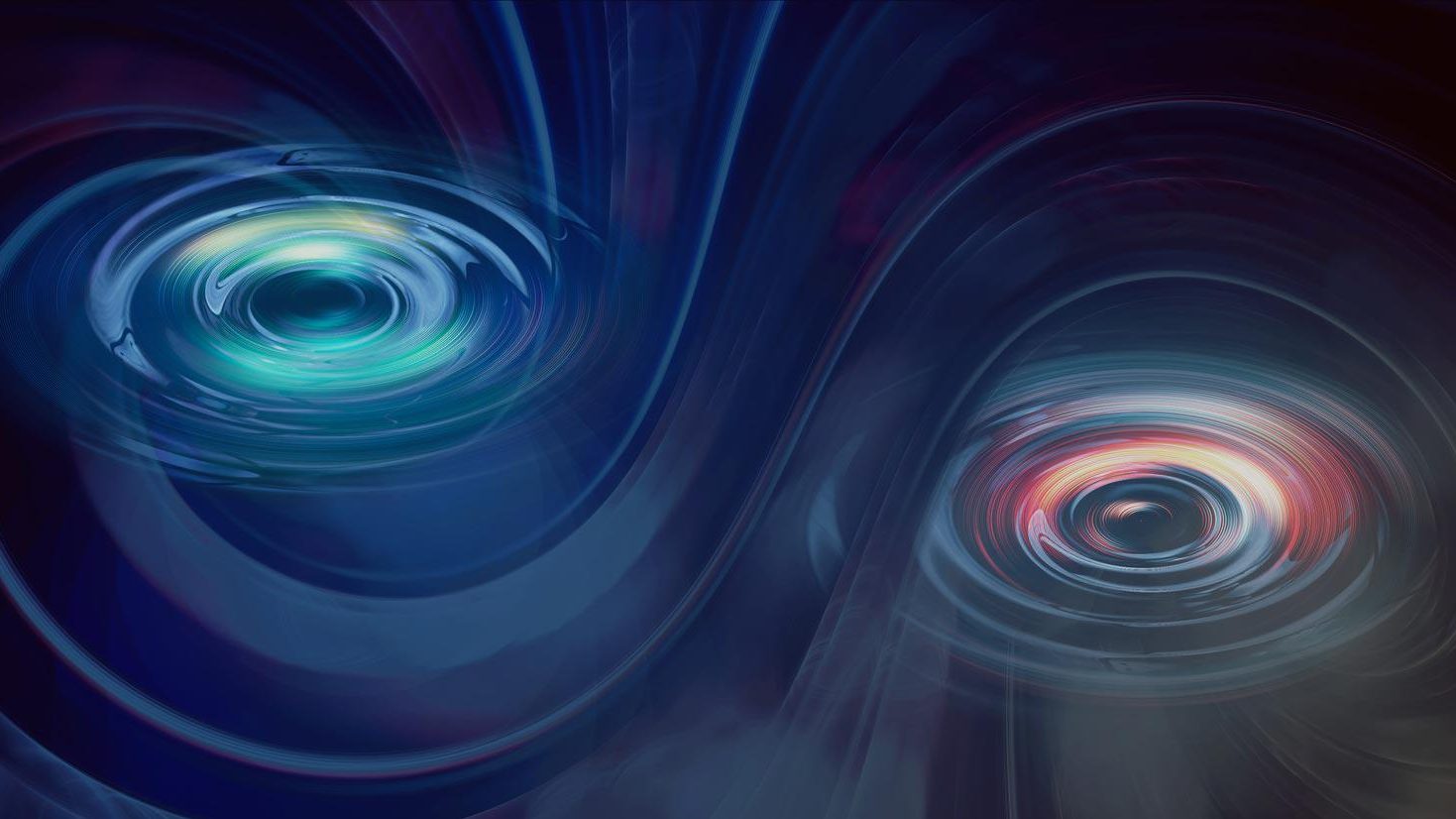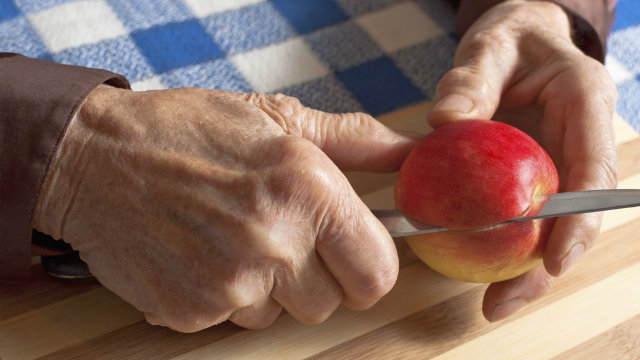Why Babies Are Better Scientists Than Adults

“Babies and young children are like the research and development division of the human species, and we grown-ups are production and marketing.” So says psychologist Alison Gopnik in an interview with Inquiring Minds last weekend at the Bay Area Science Festival.
Gopnik is referring to the results of a number of studies that show that babies are better at thinking scientifically than many adults.
Why is this?
Early on in our development the brain is primed for learning. “Babies have many, many more neural connections being formed, many more synapses being formed, than we adults do,” says Gopnik. However, as we get older, our brain is more of a lean machine that is optimized to do things well. The tradeoff is that we are “not nearly as good at learning something new.”
For instance, babies have a strong intuitive understanding of probability – something that many adults struggle with. “To a striking extent, children use data to formulate and test hypotheses and theories in much the same way that scientists do,” writes Gopnik in the journal Science.
Gopnik is the co-author of the new book The Scientist in the Crib: What Early Learning Tells Us About the Mind.
Image courtesy of Shutterstock





